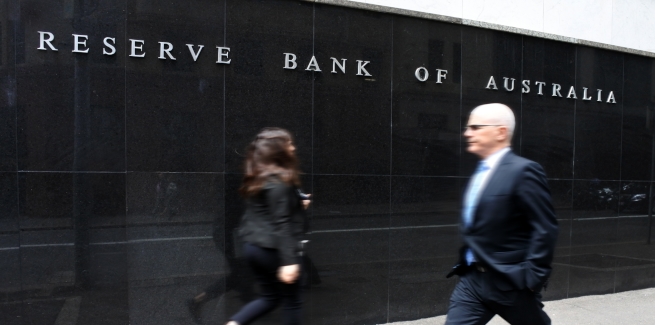On Friday (7 January), Treasury confirmed that Treasurer Josh Frydenberg has committed to a review of the Reserve Bank of Australia (RBA) to follow the federal election, which is scheduled to take place by May.
While the central bank is also set to review its pandemic response in 2022, Treasury confirmed that Mr Frydenberg is seeking a broader assessment of the organisation from a third party.
Similarly, shadow treasurer Jim Chalmers has asserted the opposition would back a review of the Reserve Bank’s policy settings and decision-making.
“Labor supports a review of the Reserve Bank’s goals and objectives, tools and levers, processes and public commentary and we have an open mind about the best way to go about this if we form government,” Mr Chalmers said.
“We want the government and the bank working together and not at cross purposes when it comes to creating good jobs and securing a broad, inclusive and enduring recovery that creates more opportunities for more people.”
As RBA governor Philip Lowe indicated in November, the central bank will assess its COVID package of measures, including its yield target, bond buying program and term funding facility.
The board is set to make a decision on the future direction of the bond buying program at its February meeting, the first for 2022.
When asked on his thoughts on an external review into the bank, Dr Lowe told a parliamentary committee in August that he wasn’t sure what supporters wanted an assessment of, listing legislation, the central bank’s mandate, the process of appointments to its board, board directors, or its efficiency.
“Ultimately you mightn't like the decisions that my board makes, and your committee holds us to account there,” Dr Lowe said before the House of Representatives standing committee on economics.
“I just wonder, when people want a review, what they actually want to review—other than that they're not happy with the decisions we're making.”
The government is responsible for setting legislation, keeping the organisation accountable and for choosing who sits on its board, the governor stated. The government may also override the decisions of the RBA board.
Dr Lowe also noted reviews into central banks elsewhere, including the Federal Reserve in the US, the European Central Bank, the Bank of England, Bank of Canada, Bank of Japan and the Reserve Bank of New Zealand.
“What I'm responsible for is how we do our job, and the monetary policy regime that we employ,” he asserted.
“And I would observe that these various reviews that have been done by other central banks have all come to the conclusion that flexible inflation targeting is the best monetary policy regime that we can have at the moment.”
Labor MP Andrew Leigh later retorted: “Well given that many other central banks are conducting reviews, it seems that a central bank that has missed its inflation target for most of the five years ought to welcome such a review.”
The role of the central bank has been questioned before, with researchers from the University of New South Wales’ City Futures Research Centre arguing the RBA’s mandate should include housing.
The researchers have called for a stronger role for the RBA in maintaining housing system stability, under a national government approach – pointing to New Zealand and the European central banks, where they pay attention to house prices in their decision-making.
“In Australia, the RBA has strongly rejected such approaches and, flying in the face of decades of evidence, washed its hands of any responsibility for house prices,” a report from City Futures Research Centre stated.
Previously, Mr Frydenberg has indicated he will focus on housing in his discussions with the RBA and APRA, following the prudential regulator’s decision to increase the serviceability buffer banks use for home loan assessments.
However, the Reserve Bank has refused to budge from its inflation target range of 2 to 3 per cent, a prerequisite it wants to meet before raising the cash rate from its current low of 0.1 per cent.
At the same time, the central bank has acknowledged less accommodative monetary policy could curb house price and credit growth.
[Related: More than 137k people applied for HomeBuilder]
 ;
;
